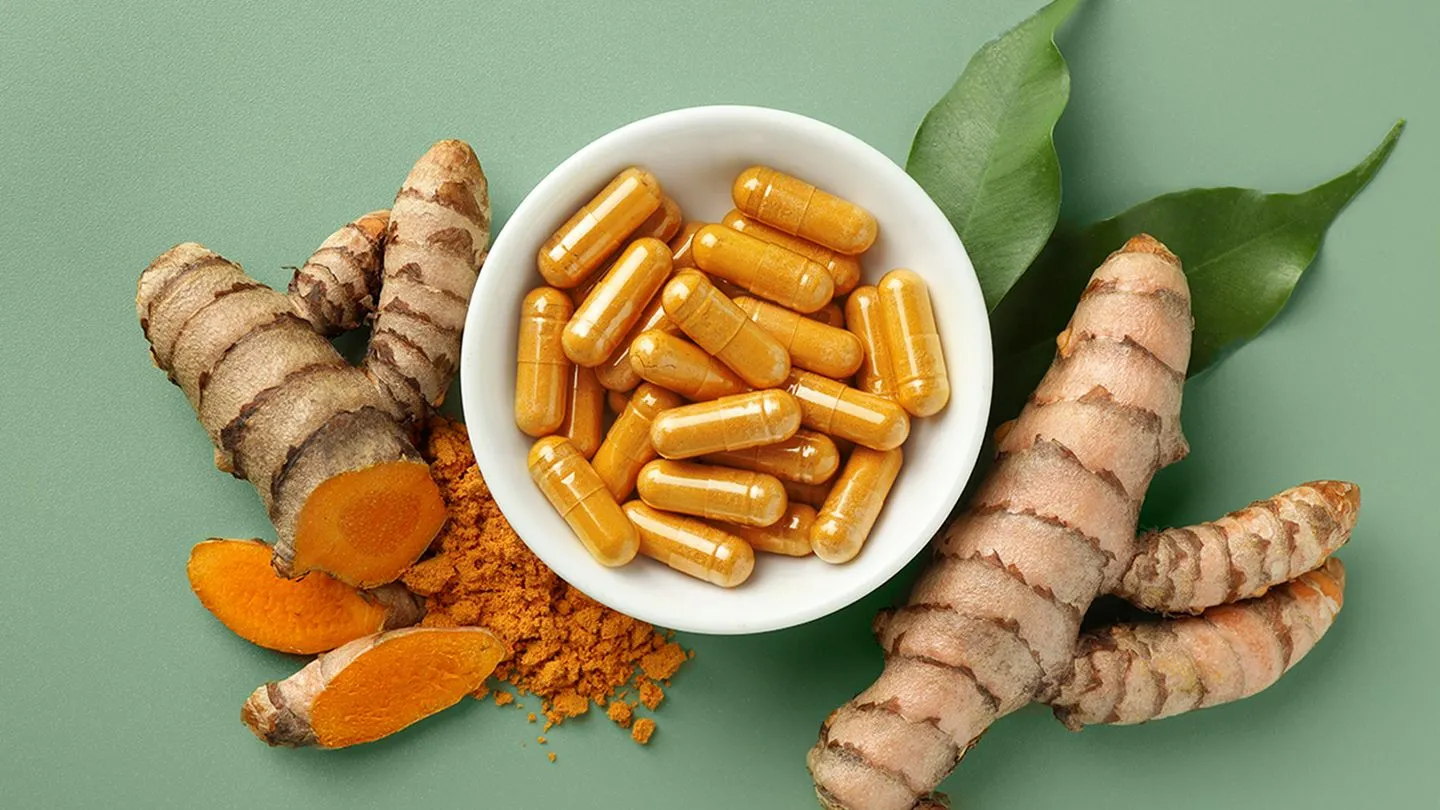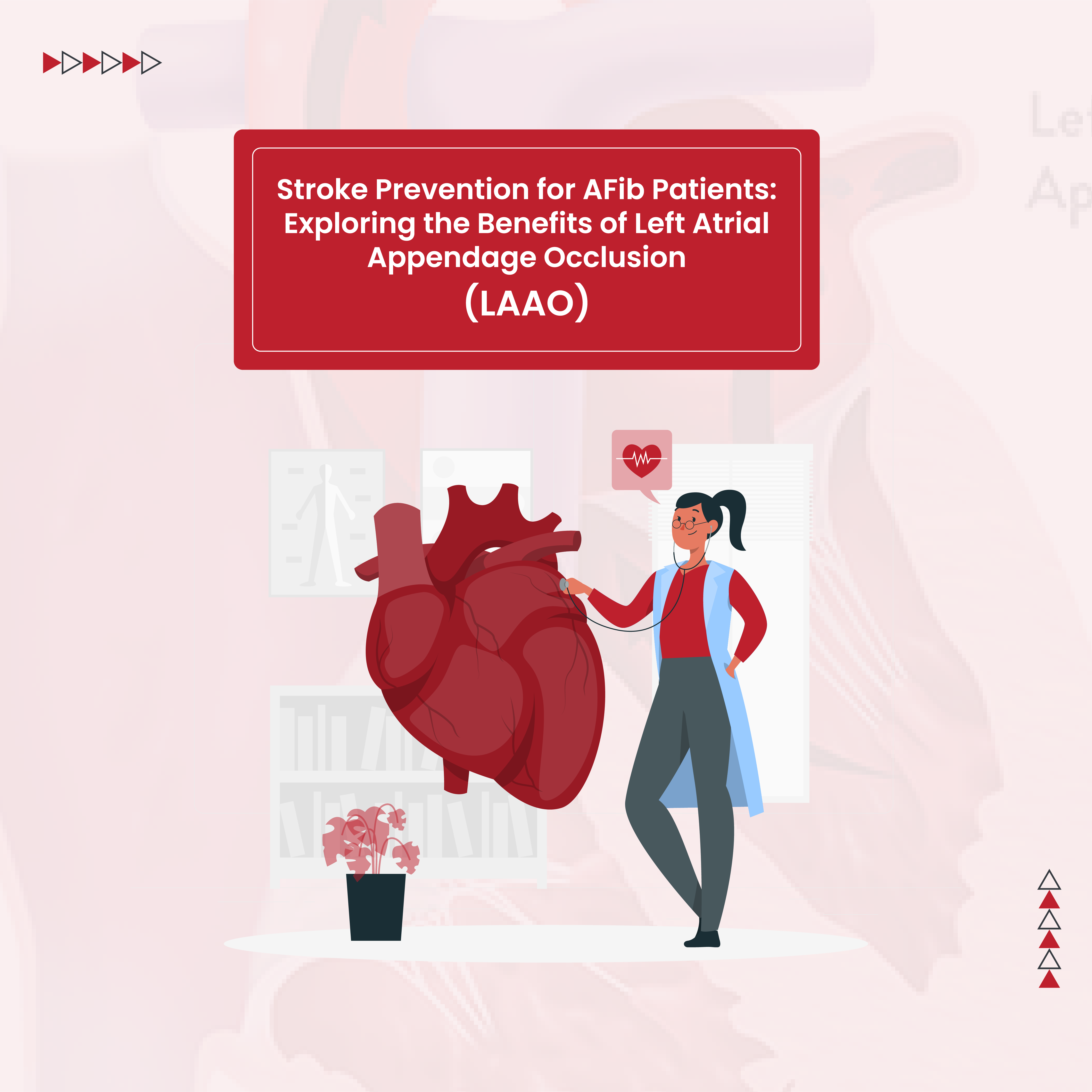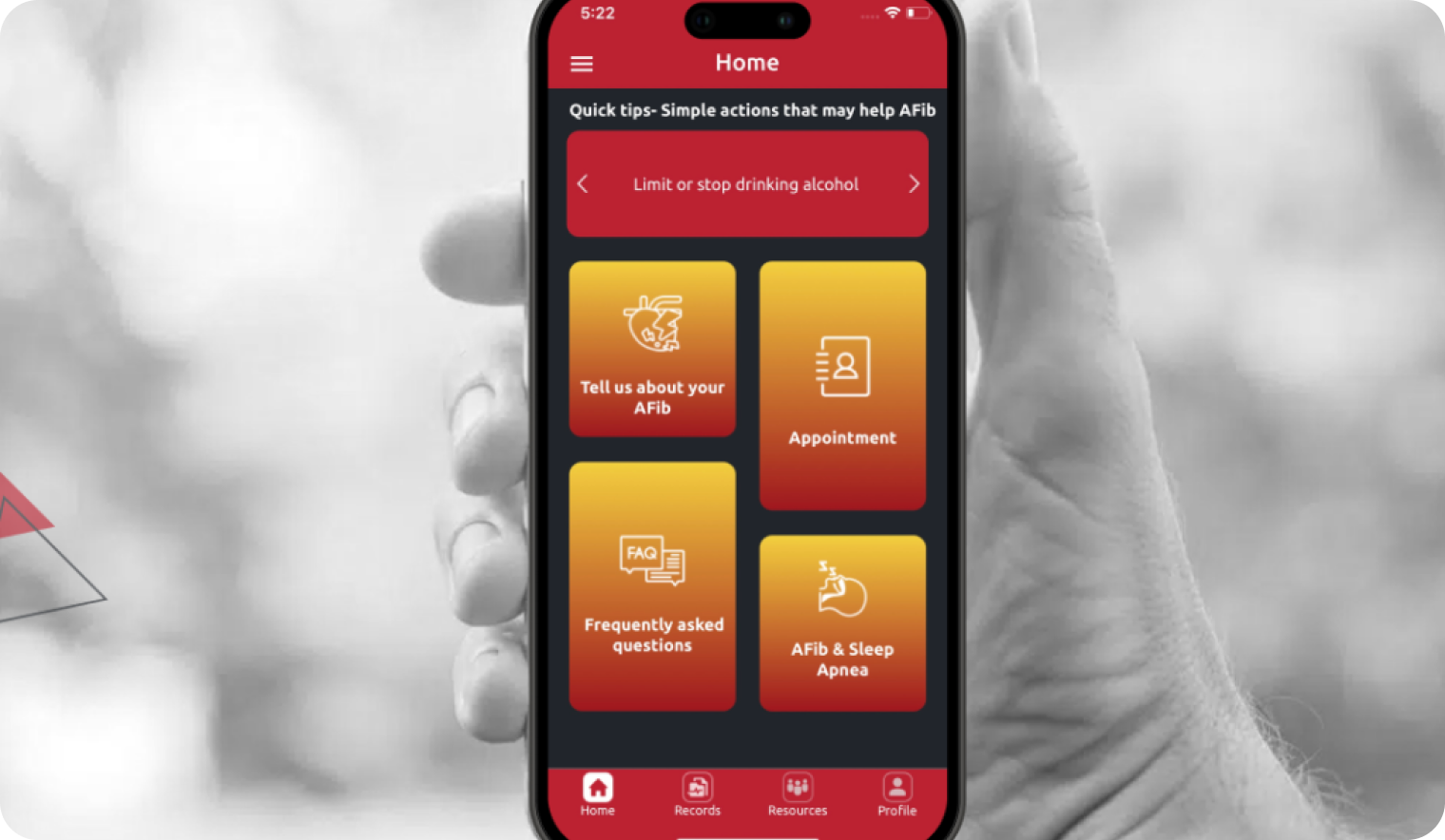Does Turmeric Help Atrial Fibrillation?
Turmeric is a perennial flowering plant that is native to southern Asia and is a member of the ginger family. Its roots (rhizomes) are used for culinary and medicinal purposes. In Eastern medicine traditions, turmeric has been valued for its medicinal properties for centuries. Here in the West, it is relatively new to the scene. Curcumin, the primary active ingredient in turmeric, has potent anti-inflammatory properties.
Atrial fibrillation (AFib) is a common abnormal heart rhythm (arrhythmia) with potential complications including decreased quality of life, stroke, heart failure, hospitalization, and death. The cause of AFib is multifactorial but in recent years, research has highlighted the various negative effects of inflammation on AFib occurrence, disease progression, and AFib treatment efficacy. Given turmeric’s anti-inflammatory properties, there has been growing interest in answering the question of does turmeric help AFib?
Can turmeric affect heart rhythm?
Turmeric has been used for centuries to bring down fevers and reduce pain. Traditional medicinal uses for turmeric have varied somewhat depending on the geographical region (i.e. China, India, Japan, etc.). Although, it has universally been used as a digestive aid and to increase bile acid secretion, which aids in the digestion of fats. Certain medicinal traditions have also valued turmeric for its use in the treatment of:
- Bacterial or fungal infections
- Wound healing
- Cancer prevention and treatment
- Arthritis
- Liver disease
- Depression
- Anxiety
- Seasonal allergies
It wasn’t until recently that researchers have appreciated the impact of inflammation on heart disease and arrhythmias, like atrial fibrillation and atrial flutter. With this discovery has come interest in turmeric supplements as an alternative treatment for atrial fibrillation.
A limitation of curcumin as a therapeutic tool is that while curcumin has potent anti-inflammatory properties at a molecular level, we have limited ability to absorb it when it is taken orally. It appears that absorption is improved if curcumin is mixed with the bioactive compounds found in spices like chili powder, cayenne pepper, and black pepper. Research has also been conducted on using nanotechnology and nanoencapsulation as potential delivery methods to increase the bioavailability of curcumin and has shown promising results.
Can people with AFib take turmeric?
Treatment of atrial fibrillation involves three primary goals, including:
- Symptom control
- Restoration and maintenance of a normal heart rhythm
- Reducing the risk of stroke
Antiarrhythmic medications are often used to achieve the first two goals. While antiarrhythmics can be quite effective in treating the arrhythmia and relieving AFib symptoms, there is the risk of medication side effects, drug interactions, and the potential of these medications triggering other arrhythmias.
Patients with AFib may be concerned about taking an antiarrhythmic drug and are often interested in learning about natural ways to treat AFib. In general, the best preventive strategies for AFib are to:
- Eat a healthy diet
- Exercise regularly
- Get enough sleep
- Limit or avoid alcohol
- Don’t smoke
- Maintain an ideal body weight.
With that being said, there has been some interesting research into turmeric as an atrial fibrillation treatment. Research in this area stems from our increased understanding of the negative effect of inflammation on AFib and the subsequent investigation into if decreasing inflammation can positively impact AFib outcomes. Because curcumin is a potent anti-inflammatory, it could theoretically decrease AFib and prevent disease progression by decreasing the effect of chronic inflammation on the heart.
To better understand this, let’s look at the role of inflammation in atrial fibrillation in greater detail. The chaotic abnormal heart rhythm of atrial fibrillation is caused by abnormal electrical signals which originate in the heart’s upper chambers (atria). It is thought that the effects of systemic inflammation and stress hormones cause increased oxidative stress in the heart. This results in myocardial fibrosis (stiffening of the heart muscle) and structural remodeling which leads to and changes in atrial size and function. These changes affect electrical conduction and lead to an increased risk of atrial fibrillation initiation and maintenance.
The research in this area is still in the early stages. An animal study released in February 2022 investigated curcumin’s effect on myocardial fibrosis as a potential atrial fibrillation treatment. It found that study mice with AFib who received curcumin therapy had decreased secretion of inflammatory factors and less left atrial fibrosis. The study group receiving curcumin therapy also experienced significantly shorter AFib episodes.
Turmeric supplements could potentially be beneficial for treating AFib’s abnormal heart rhythm although further investigation is needed into potential drug interactions, effective dose, and side effects. A drug interaction of particular interest is curcumin’s effect on blood thinners, since most people with AFib take blood thinners to reduce the risk of stroke.
Can you take turmeric if you are on blood thinners?
Theoretically, curcumin can increase the risk of bleeding for people on blood thinners. This is based on animal studies which have shown that curcumin affects the stickiness of platelets. Platelets are a component of our blood that allows it to form clots. As platelets become less sticky, they become less able to form clots which may result in prolonged bleeding times.
Therefore if you are taking a blood thinner, curcumin should be used with caution and you should talk with your doctor before starting a tumeric supplement. If you received the ok to try a turmeric/curcumin containing supplement and notice signs or symptoms of increased bleeding after starting the supplement, discontinue it immediately and contact your healthcare provider.
What are the negative effects of turmeric?
Turmeric is generally well-tolerated and has few side effects. There have been reports of stomach upset or skin irritation (lotions or typical solutions only). Turmeric supplements should be used with caution if you have:
- Gastric ulcer. Although turmeric is often used to treat an upset stomach, in some cases turmeric can increase stomach acidity and cause discomfort.
- Gallbladder disease. Turmeric stimulates gallbladder activity which can exacerbate gallbladder disease.
Because turmeric increases bile acid secretion, turmeric supplementation is contraindicated in the setting of bile duct obstruction.
If you are pregnant or are hoping to become pregnant, you should avoid therapeutic doses (1.5 to 3 grams per day) of curcumin. At this dose, curcumin can be a uterine stimulant which could increase the risk of miscarriage or pre-term labor.
Turmeric is a fragrant spice that is used frequently in curries and other Asian dishes. There are no negative effects of turmeric used in normal culinary applications.
When is the best time to take turmeric?
Turmeric can be taken 1 to 3 times daily with or without food.
What does turmeric do for the heart?
Turmeric is a centuries old remedy for a variety of common ailments, especially those related to inflammation and stomach upset. Its marketing claims have included its ability to improve bone and joint health, reduce inflammation, treat cancer, decrease depression and anxiety. More recently it has been touted for its potential use in heart disease and arrhythmias.
There are many clinical trials currently underway to validate these various treatment claims. In relation to the heart, there are clinical trials on curcumin’s effects on cholesterol management, coronary artery disease, and its anti-inflammatory effects as they relate to heart disease.
As with many studies on herbal supplements these studies are often small and are of variable quality which impacts the usefulness of the results. For example, a 2019 study investigating the effect of curcumin on arrhythmias and heart failure in patients presenting with chest pain found no difference between patients who received curcumin compared to those who did not. However, this study used a relatively low dose of curcumin and treatment duration was only 5 days. While one could comment on the occurrence of arrhythmias during hospitalization, it would be difficult to draw any conclusions regarding curcumin’s effects on heart failure based on this study. Standard practice in heart failure management is to give heart failure medications at a maximally tolerated treatment dose for a full 3 months prior to determining treatment efficacy.
There have been some high-quality, albeit small, studies which have demonstrated curcumin’s ability to decrease systemic inflammation and this represents an area of continued future research. In relation to atrial fibrillation, curcumin has the potential to slow disease progression and decrease AFib burden. Of course, further research is needed on the optimal dose, delivery method, and drug interactions before it would become a part of standard atrial fibrillation treatment.
Sources
Yue H, Zhao X, Liang W, et al. Curcumin, novel application in reversing myocardial fibrosis in the treatment for atrial fibrillation from the perspective of transcriptomics in rat model. Biomedicine & Pharmacotherapy. 2022;146(2):112522.
Dastani M, Bigdelu L, Hoseinzadeh M, et al. The effects of curcumin on the prevention of atrial and ventricular arrhythmias and heart failure in patients with unstable angina: a randomized clinical trial. Avicenna journal of phytomedicine. 2019;9(1):1-9.
Goel A, Kunnumakkara AB, Aggarwal BB. Curcumin as “curecumin”: from kitchen to clinic. Biochem Pharmacol. 2008 Feb 15;75(4):787-809.
Hussain Z, Thu HE, Amjad MW, et al. Exploring recent developments to improve antioxidant, anti-inflammatory and antimicrobial efficacy of curcumin: A review of new trends and future perspectives. Materials Science and Engineering: C. 2017; 77(8):1316-1326.
Micromedex. Natural products (professionals): Turmeric. www.drugs.com/npp/turmeric.html. Accessed May 30, 2022.







